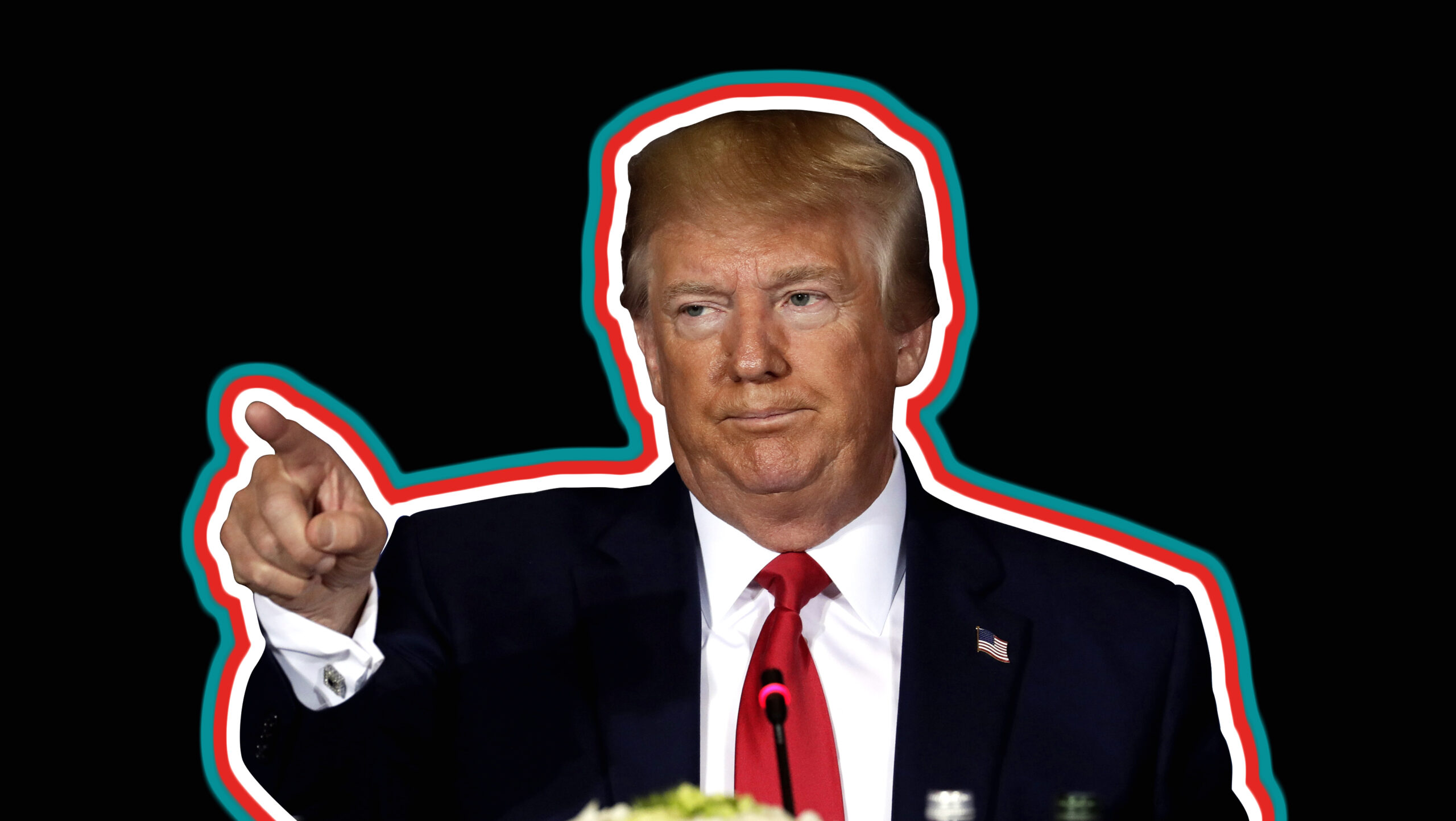To get Xtra Weekly in your inbox, subscribe here.
WEEKLY EXPLAINER
U.S. President Donald Trump announced a global initiative to decriminalize homosexuality at the United Nations.
Here’s the background In his speech at the 74th Session of the United Nations General Assembly in New York on Tuesday, Trump announced his administration’s global initiative to decriminalize homosexuality in countries where it’s still illegal to be gay. Right now, that includes more than 70 countries.
“We stand in solidarity with LGBT people who live in countries that punish, jail and execute people based upon sexual orientation,” Trump said.
This initiative is being led by the highest-ranking openly gay member of the Trump administration, U.S. Ambassador to Germany Richard Grenell.
The announcement was part of Trump’s more than 30-mins speech that also focused heavily on nationalism and criticisms of both Iran and China.
“Wise leaders always put the good of their own people and their own country first,” Trump said. “The future does not belong to the globalists; the future belongs to the patriots.”
The announcement is a change of tone for the president, whose administration has announced several anti-LGBTQ2 policies. They include the transgender military ban, rolling back protections for trans students and letting employers discriminate against LGBTQ workers on the grounds of “religious freedom.” The American LGBTQ2 watchdog group GLAAD has documented 126 attacks on queer people via policy and rhetoric since Trump took office.
What was the reaction? In a tweet, the Human Rights Campaign said: “Donald Trump has no credibility to speak about LGBTQ rights abroad when he has done so much to damage them here at home, from banning trans people from the military to cruelly proposing that medical providers can deny care to LGBTQ patients based on personal beliefs.”
In an interview with The Washington Blade, OutRight International’s executive director, Jessica Stern, said, “Throwing in a reference to opposing the criminalization of same-sex relations while at the same time stating that the national supersedes the international, and that tradition and culture are sacred, is one more example of President Trump’s hypocrisy,”
“LGBTIQ people across the world, including in the U.S., do not feel safe or protected within their borders and are often attacked under the guise of tradition,” she continued. “In all too many places, international standards have been the only avenue for LGBTIQ people to have our rights recognized, to seek remedy for crimes committed against us, and for pushing nations to accept that human rights belong to all, including, explicitly, LGBTIQ people.”
Now what? This announcement came on the heels of the Democratic Party demanding the impeachment of Trump over reports that suggest he threatened to withhold financial aid to Ukraine until the country investigated Democratic presidential candidate Joe Biden. Almost all LGBTQ politicians seem to support Nancy Pelosi’s announcement of an impeachment inquiry against Trump.
On Oct. 8, the U.S. Supreme Court will decide whether an existing federal law, Title VII of the Civil Rights Act of 1964, could guarantee the protection of gay and transgender people from workplace discrimination in all states—a motion that Trump’s administration argued against in August.
Wait, there’s more! Click here to subscribe to Xtra Weekly for roundups of LGBTQ2 news, culture and stories.



 Why you can trust Xtra
Why you can trust Xtra


